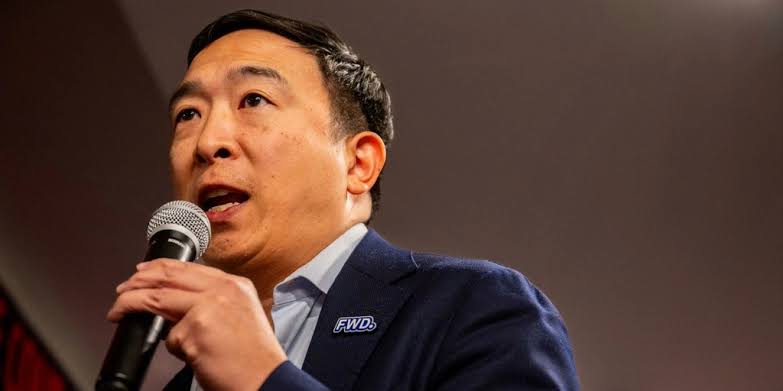In an open letter, more than 300 international experts in the domains of technology, artificial intelligence (AI), digital ethics, and child safety have urged governments to act “immediately” in order to combat deepfakes.The letter, titled “Disrupting the Deepfake Supply Chain” and published on February 21, calls for politicians, governmental, and policymakers to “impose obligations” in the supply chain in order to stop the spread of deepfakes.It lays forth three key strategies, the first of which is to make deepfake child pornography, including with made-up kids, completely illegal.
Additionally, it demands that software developers and distributors make sure their media products don’t create harmful deepfakes and face penalties if their measures fall short of standards. Criminal penalties are also sought for anyone who “knowingly creates or facilitates the spread of harmful deepfakes.”A number of prominent thinkers from the United States, Canada, the United Kingdom, Australia, Japan, and China are among the signatories of the letter, which also includes American politician and crypto enthusiast Andrew Yang, cognitive psychologist Steven Pinker, and two past presidents of Estonia.Lead author of the letter and AI researcher at the University of California, Berkeley’s Department of Electrical Engineering and Computer Science, Andrew Critch, said.
“Deepfakes are a huge threat to human society and are already causing growing harm to individuals, communities, and the functioning of democracy.”
He said he and his colleagues created the letter so the global public could show support for law-making efforts to stop deepfakes with “immediate action.”
The author of Unmasking AI and the founder of the Algorithmic Justice League, Joy Buolamwini, stated that the necessity for “biometric rights” has grown “ever more evident.”
“While no one is immune to algorithmic abuse, those already marginalized in society shoulder an even larger burden. 98% of non-consensual deepfakes are of women and girls. That is why it is up to all of us to speak out against harmful uses of AI.”
She said there must be “high consequences for egregious abuses of AI.”
The Center for AI Safety and the Machine Intelligence and Normative Theory Lab are two other groups that contributed to the writing and distribution of the letter.The United States’ present legal framework falls short in that it does not specifically target or outlaw the creation and distribution of deepfakes.Regulators, however, are moving more swiftly now that recent events have occurred.
Following a surge of highly publicized deepfakes featuring pop singer Taylor Swift on social media, American senators started advocating for swift legislation that would make creating deepfake photos illegal.A few days later, following the spread of a deepfake featuring President Joe Biden’s likeness, the United States outlawed the use of artificial intelligence (AI) voices in robocall scams.For the purpose of protecting consumers, the U.S. Federal Trade Commission suggested revisions to regulations on February 16 that forbid artificial intelligence from impersonating companies or governmental organizations.

